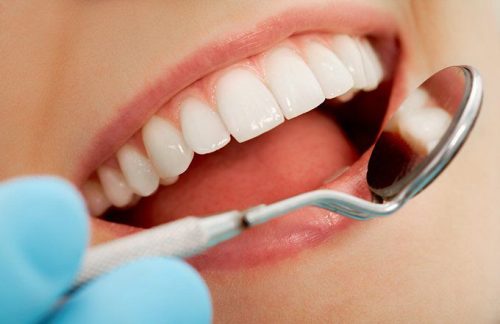Many people are confused about dental insurance. This type of insurance covers some types of care right away, but not more complex ones. Some dental plans cover cleanings immediately after a problem, while others require a waiting period. You should look for plans that offer no waiting period. However, you should make sure you know exactly what is covered and how much you will need to pay. In the case of a deductible, you may be responsible for paying the deductible yourself.
A deductible is the maximum amount a plan will pay for certain types of dental care. This amount usually varies from plan to plan. In most cases, it is adequate, but there are still some things to consider. For example, many plans have a lifetime maximum for specific types of treatments, like TMJ treatment and orthodontic treatment. Check the details of the plan before you choose one, and get familiar with the details. Hopefully, you will find the right insurance for you.
Most dental insurance plans have an annual maximum. This is the maximum amount a policy will pay during a 12-month period. It’s important to note that this figure is usually based on a calendar year. For example, if a dental procedure costs $179, you will have to pay the difference if the deductible is $200. In addition, the plan will have a copayment or coinsurance, which is the portion you’ll need to pay yourself for certain services. Most plans have a copay of 20% to 80% of the total cost.
When comparing different dental insurance plans, keep in mind that there is no single plan that suits all people. Some plans offer more flexibility than others and require you to choose your own plan. If you don’t need comprehensive coverage, then you can get a stand-alone policy. If you’re confused about which one to buy, eHealth has a team of licensed insurance agents to guide you through the options. You may also want to check out some of the free online tools available.
The most common type of dental insurance includes a lifetime maximum and a yearly maximum. The annual maximum applies to services such as regular preventive care and diagnostic treatments. In addition, some plans have a lifetime limit. The lifetime cap covers a person’s entire life, and may be worth less than one thousand dollars. A few things to consider before buying dental insurance. It’s best to research and get an idea of how much coverage you’ll need in a year.
Dental insurance companies usually divide their services and benefits into categories. The most popular ones cover preventive care and diagnostic procedures, but basic dental services are not covered by all plans. Therefore, it’s important to compare the two. By choosing a plan that covers the same types of procedures, you’ll save money and get the most out of your dental coverage. You’ll also be able to make use of their rollover benefits. Regardless of the type of plan you select, you’ll be happy with the service.
